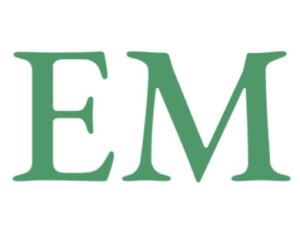BOCA RATON, Fla., February 28, 2023 (Newswire.com) - Claudia Bartra has been named the Top 100 Registry Woman of the Year in 2023 in recognition of her outstanding efforts and achievements in the field of finance. This award recognizes the achievements and contributions of women in various industries and professions, and this is the second year Claudia Bartra has received Top 100 Registry Woman of the Year.
The Top 100 Registry is a prestigious annual award that recognizes outstanding women in business, industry, and professions across the United States. The selection process is rigorous and based on the nominee's professional achievements, leadership qualities, and community involvement.
Claudia Bartra is a highly accomplished professional in her field, with a track record of success in business, industry, and community service. Her dedication to excellence and commitment to making a positive impact on the lives of others is truly inspiring. Bartra is actively involved in the community, notably as CFO of LifeGaines Medical and CBartra Investments, and CFO of La Granja, her successful chain of award-winning Peruvian restaurants. Her philanthropic contributions include her work with ASPIRA, a youth organization for Latin American children, providing scholarships to students attending Palm Beach State College, and being honored for her support of children's education both in the United States and her home country of Peru. Bartra deeply values the power of education and also partners with Fusion Academy to confront the nationwide problem of bullying and provide a resource for students where they can feel comfortable in addressing their concerns to their parents and teachers.
"I am honored to be recognized as the Top 100 Registry Woman of the Year for 2023," said Claudia Bartra. "I am grateful for this recognition and will continue to work hard to make a positive impact in my industry and community."
Claudia Bartra is a role model for women in business and a shining example of what can be achieved through hard work, dedication, and a passion for making a difference.
About Top 100 Registry
Top 100 Registry is a leading global publisher of industry-specific magazines featuring top professionals in the fields of Law, Academia, Medicine, Consulting, Arts, Sciences & beyond. They recognize individuals for their contributions to their industries and professions. For more information, please visit https://www.top100registry.com.
For more information about Claudia Bartra and her achievements, please visit her website at https://claudiabartra.com.
Contact Information:Media Relations
[email protected]
Original Source: Claudia Bartra Named Top 100 Registry Woman of the Year in 2023


